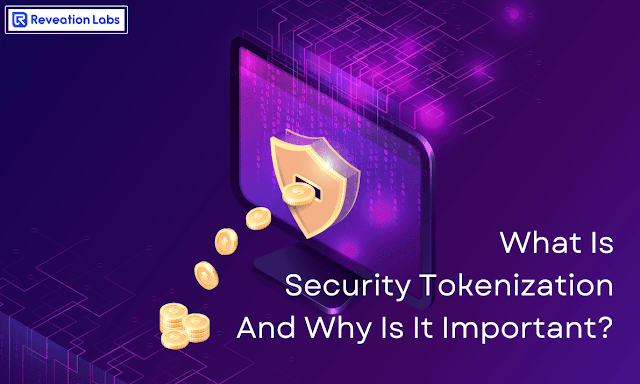What Is Security Tokenization And Why Is It Important?

A security token is a unique type of crypto asset designed to verify and vouch for ownership and serve as a tool for transferring the value of a particular investment, a bundle of assets, or a set of rights. These tokens have the standard advantages inherent in other crypto assets . Still, they differ because they can be programmed with unique functions and characteristics in addition to receiving the regulatory protections associated with traditional securities. As a result, crypto-security tokens have the potential to revolutionize the way value is transferred in and beyond financial markets, as long as financial regulators articulate and build on existing policies. What is Tokenization? Tokenization is exchanging sensitive data for non-sensitive data called “tokens .”Tokens can be used in databases or internal systems without being brought into scope. Tokens are disjoint values but retain some aspects of the original data (usually length or format), so they can be used...


